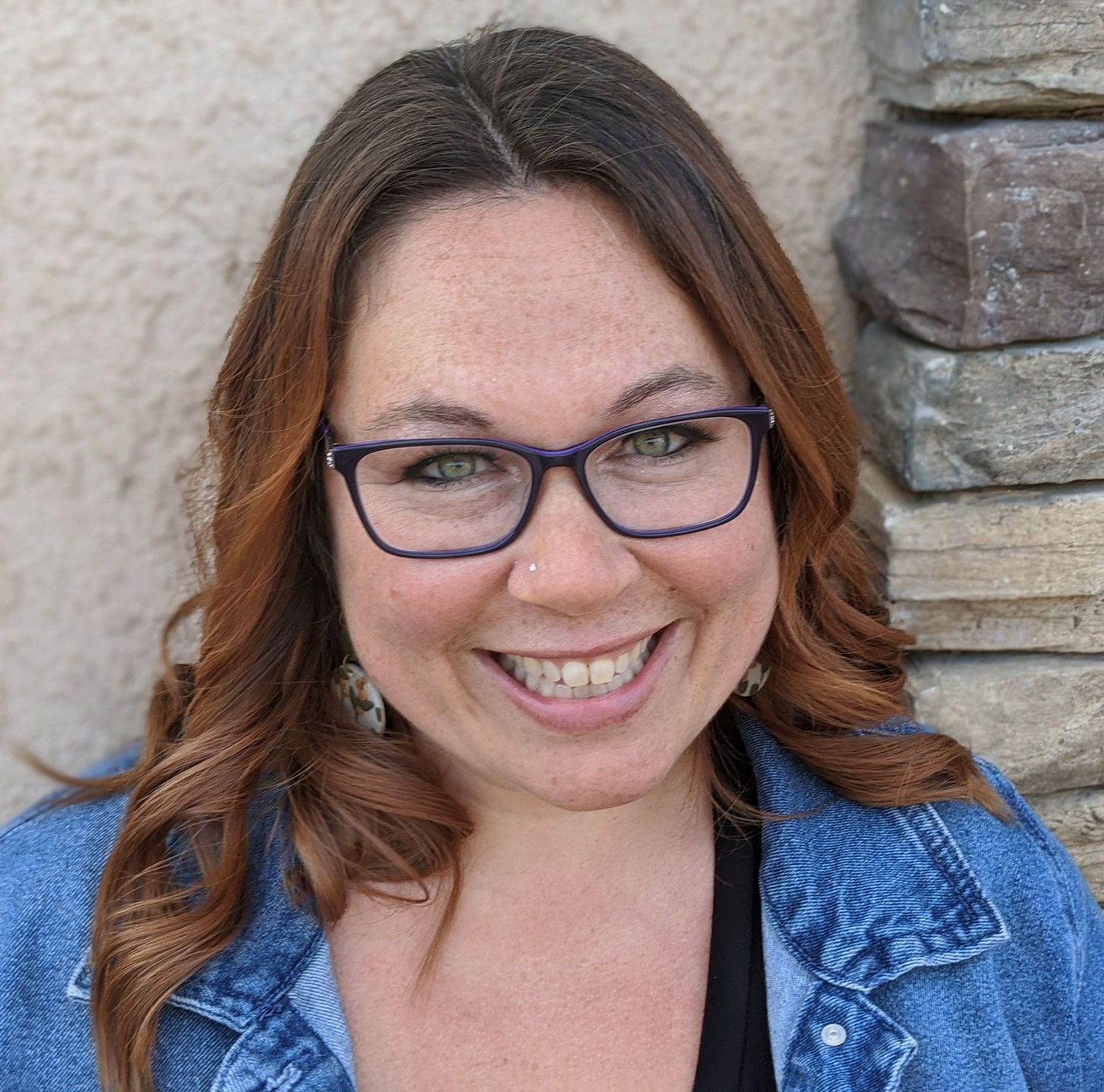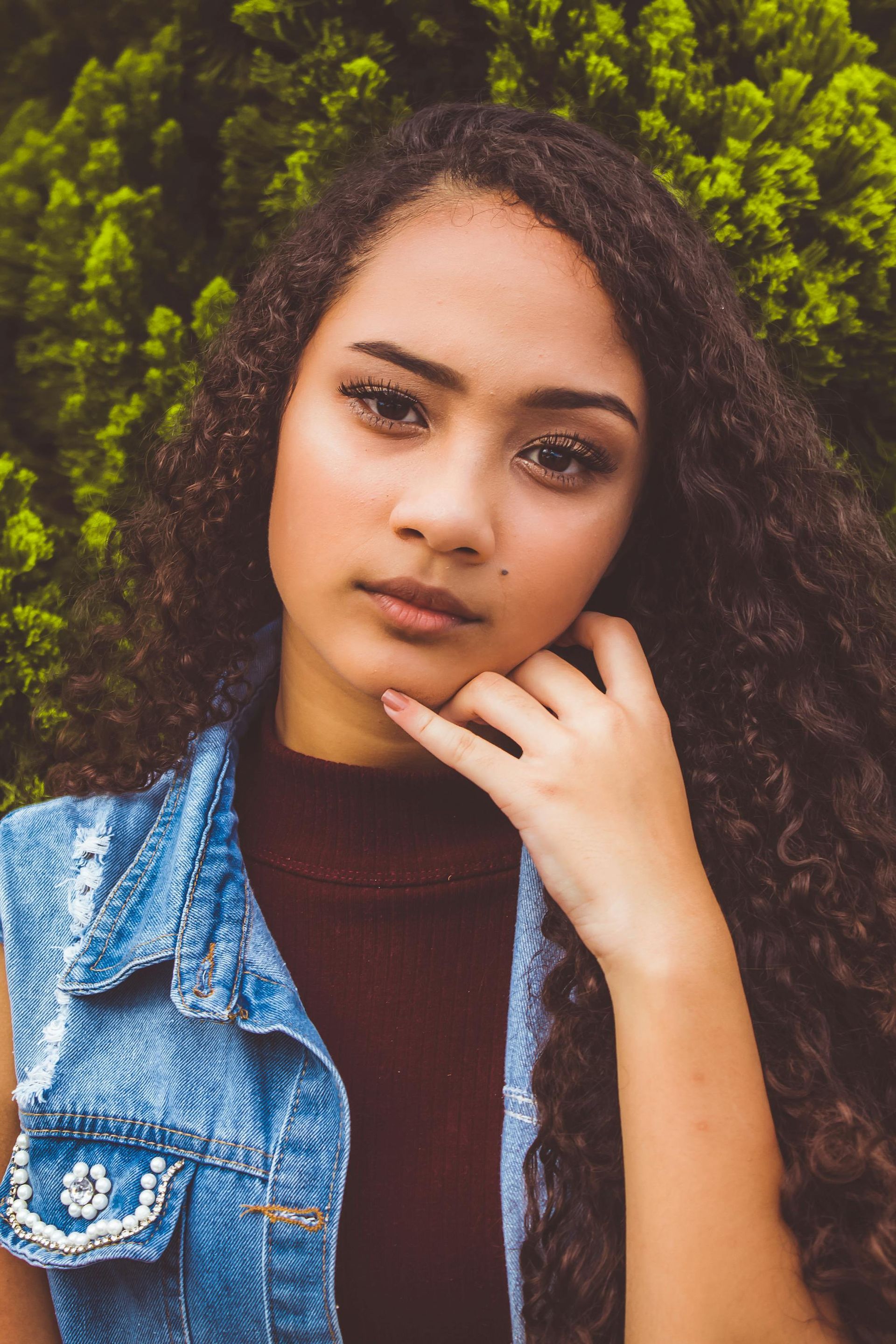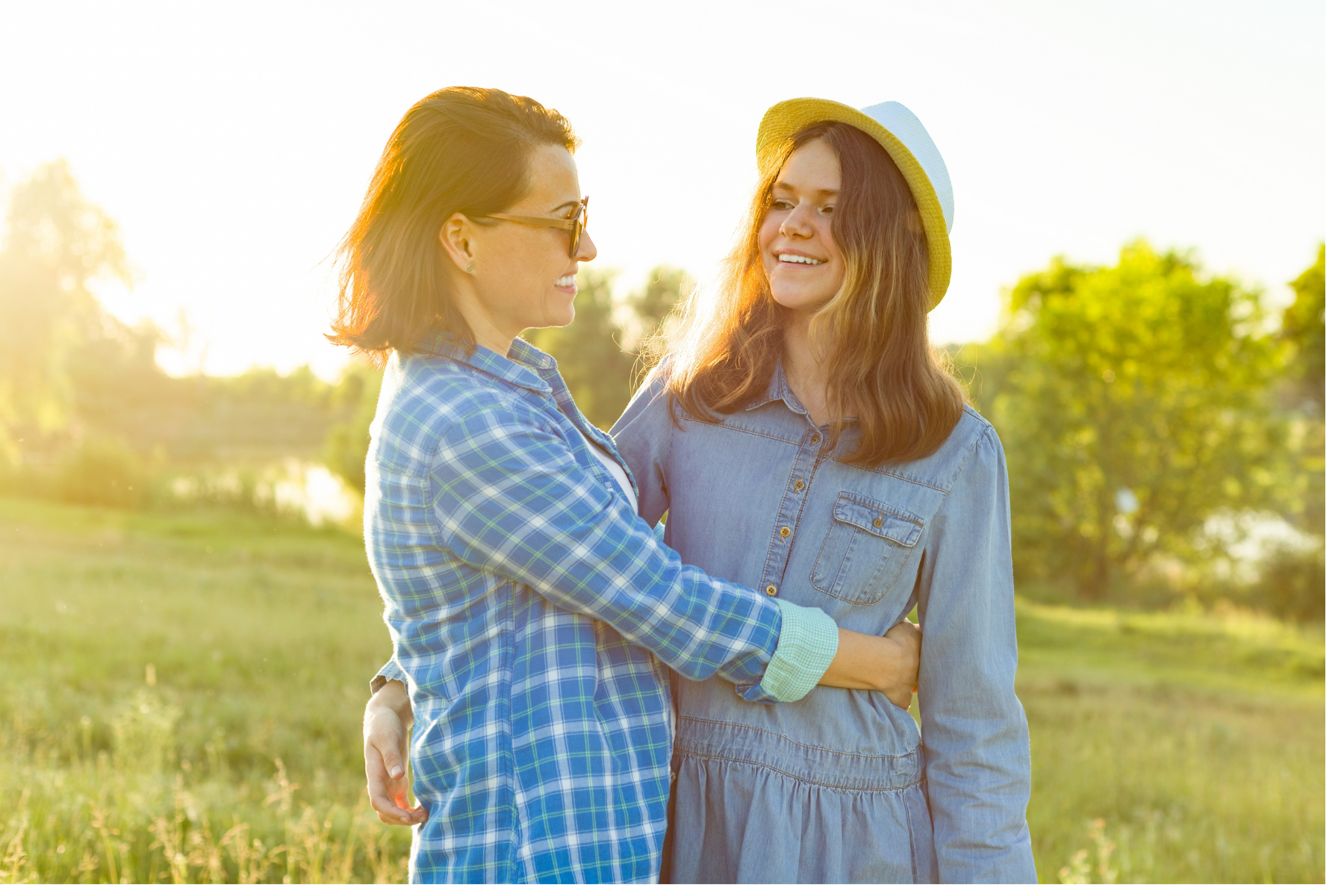Is watching YouTube ok for your kids? From this therapist's perspective - (you're going to hate me)
Is watching YouTube okay for your kids? From this therapist's perspective - (you're going to hate me) - It Depends.
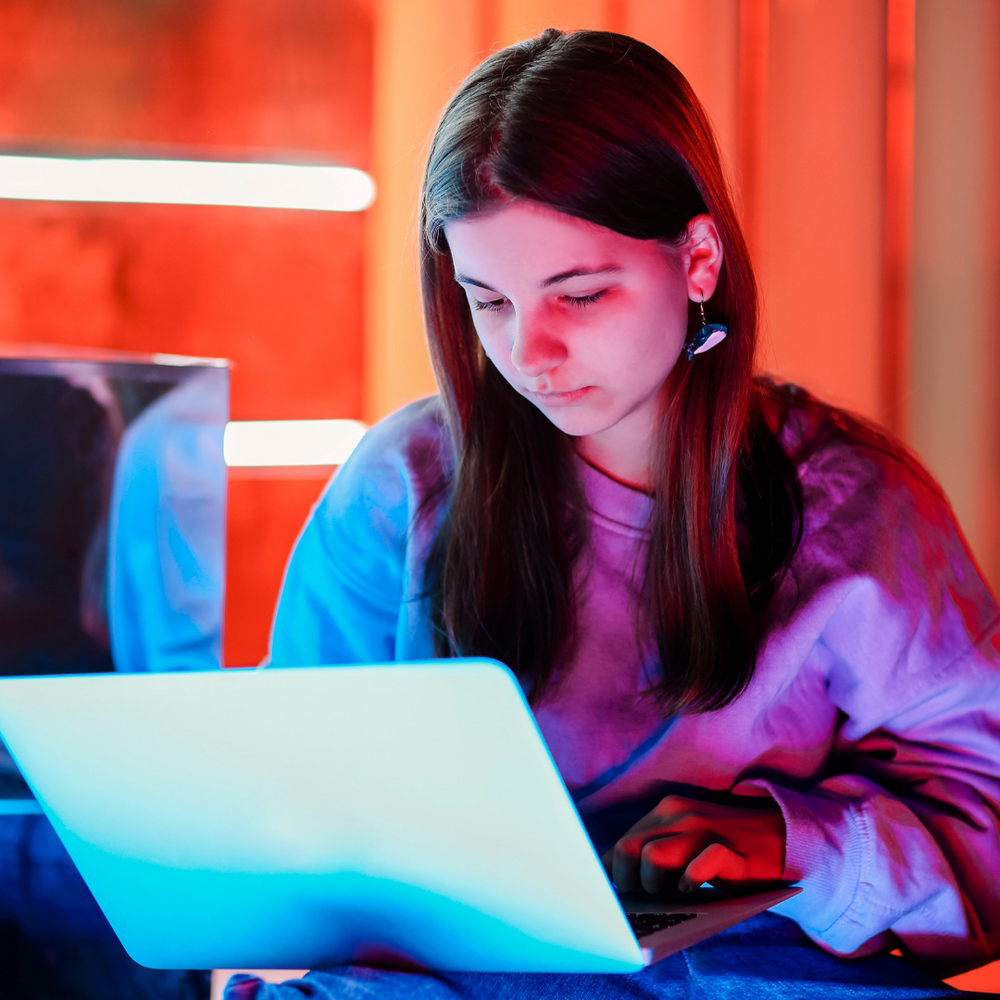
It's hour 3. Your kid hasn't even twitched in at least 30 minutes. The only sound in the house is the loud, action-movie-esque bright orange sound (yes, the sound has color) of the teenage gamer yelling at other teenage gamers on your television screen. You look longingly through your window at the outdoors. Remember the outdoors? You imagined you would be the parent with murals on the back fence, daily water table play, and art stations set up Reggio Emilio style all over the house. But here you are instead, listening to "bro-dude-bro-noob-yeet" speak for the umpteenth hour. Your kids seem to love it. That is - they ask for it all the time. They'd spend ALL THEIR TIME watching YouTube if you let them. You just...aren't...sure. Is it okay? Is it healthy? Are you supporting them? Hurting them? Should you throw everything connected to the internet in the dumpster Ron-Swanson style and move to the woods and start over? It's so intensely difficult not being able to tell the future, isn't it? That's what parents want to know when they come to me. They want to know - is it normal? Is it healthy? Am I doing damage? Can I repair it? How do we set them up for success, and how do we do it without battles and struggles now? I can't tell the future any better than you can - but I can offer you a perspective that isn't rooted in parenting-terror. And I can tell you my experience with thousands of families. Is watching YouTube okay for your kids? From this therapist's perspective - (you're going to hate me) - It Depends.
First, we need a better understanding. When parents come to talk to me about their YouTube watching concerns - I need to understand who the kids are. I need to know what they intrinsically love to do. I need to know their temperaments. I need to know what else is being offered to them. Because each of those kids will have different needs and motivation - and that’s important.
Why are they watching? Is your extroverted child watching YouTube because it’s how they connect to other people? Is it a shared experience between them and their friends? Is it how they access the feeling of being around other people when their extroverted self needs more but the family has to stay at home for the day?
OR
Are they watching because there is nothing else to do?
Is your teenager watching because they are preparing mentally and emotionally? Because it’s helpful to watch how other people live their lives almost like instruction manuals for living?
OR
Are they too anxious to go live those experiences themselves? Is your gamer watching because it’s where their community hangs out? Because it’s how they learn strategies and stay involved in the world they have made their home? OR
Are they overwhelmed by how to interact in person and are hiding behind the screen?
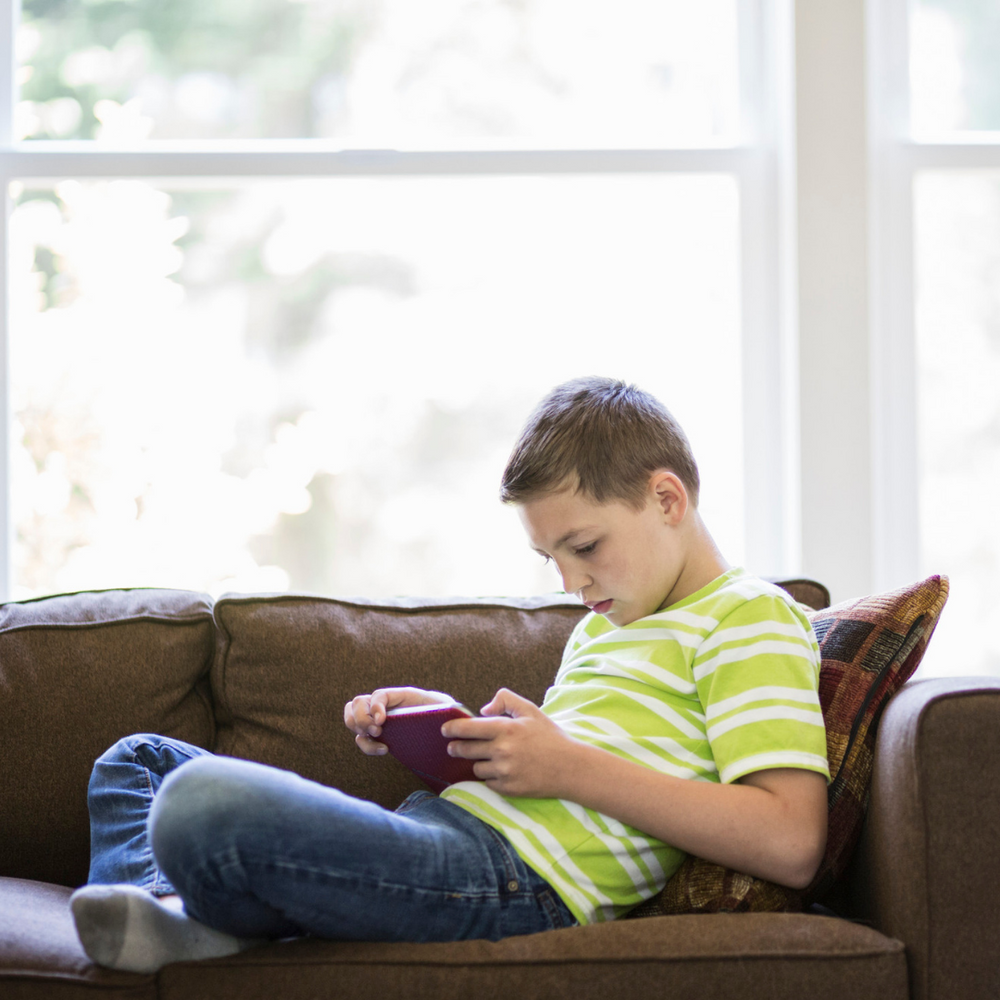
This is why it depends. Motivation matters. What else they have offered to them matters. How involved their parents are matters. It can be hard to know because it looks the same from the outside. It still looks like they’re just sitting and watching someone else’s life instead of living their own. It’s up to you to understand the nuances and the differences. To be curious. To move past your own fearful negative reactions about YouTube as a medium and look in-depth at the benefits and connections they are making. So, go back to that moment in your day. YouTube is loud, your kid seems glued and glazed over. You’ve got mom guilt that this isn’t what you’re supposed to be allowing.
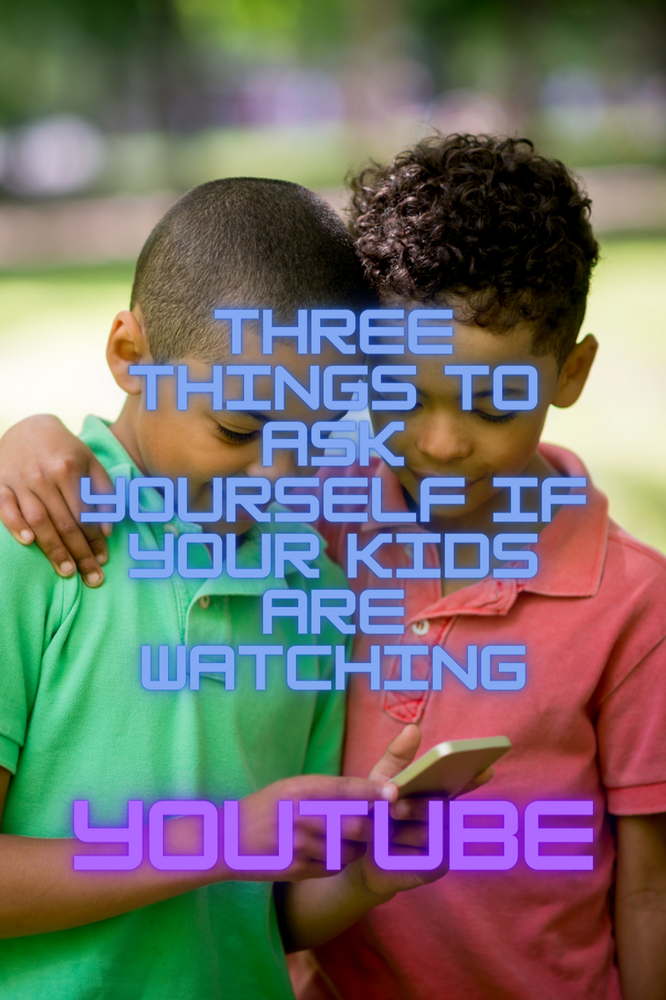
Before you pull the plug on your child's screentime ask yourself these 3 questions 1) HOW does your kid look, really? Pay attention to the little details - do their eyes light up? Do they laugh? Do their eyebrows raise when they see something exciting? 2) WHAT do you think they’re getting out of the actual content? Why are they watching what they are watching? How does it fit into their interests? 3) WHY are they spending their time watching? What has the rest of the day been like? Are they resting or refreshing? Are they planning or preparing? I wrote Connect with Courage to help you work through these questions and decide what to do next.
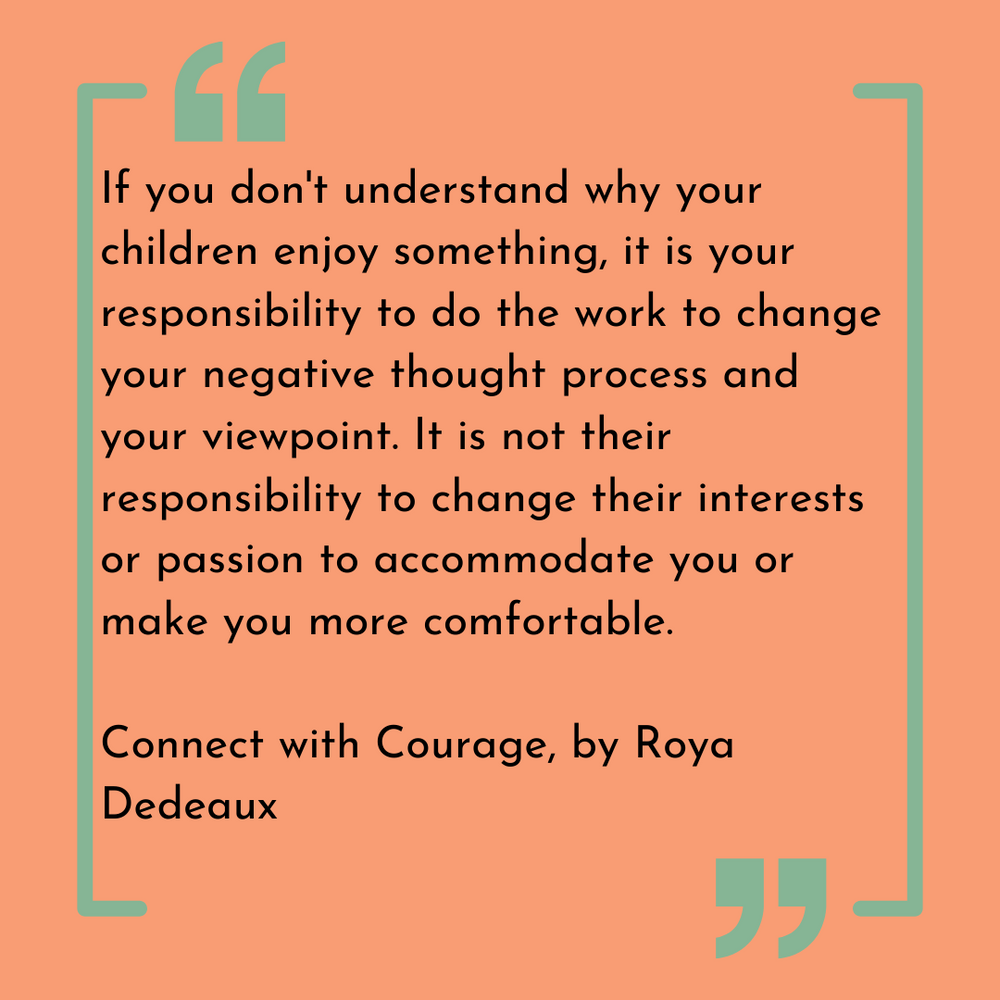
If you’re like every single human I’ve ever talked to - there’s noise in that there brain of yours that gets in the way of answering those questions. There are so many fears to get through, worries about judgment and what people will think. Your great aunt so and so’s voice in your head.
I wrote Connect with Courage to help you put aside what might get between you and your kids, and build bridges - not walls - between you.
I wrote Connect with Courage because we all have to start somewhere. So start there. Then contact me and let’s dig deeper into what you uncovered. Get a signed copy of Connect with Courage here and don’t forget to join my membership group to go deeper.
Roya Dedeaux is a Licensed Marriage and Family Therapist with a focus on using creative tools like art, writing, and recreation as a way to help teens and their families who don't quite fit the mold.
Roya’s first book, Connect with Courage: practical ways to release fear and find joy in the places your kids take you is the result of her background in Recreation and Leisure Studies and Marriage and Family Therapy and is the base of her Connect with Courage Parenting Course.
She loves running her private practice, creating art prompts for her
two online art groups, and running games and challenges in the
free Recreate Parenting Facebook community! When she's not doing that, she loves to make messes with her three wild & wonderful kids where they live and play hard in Southern California.

